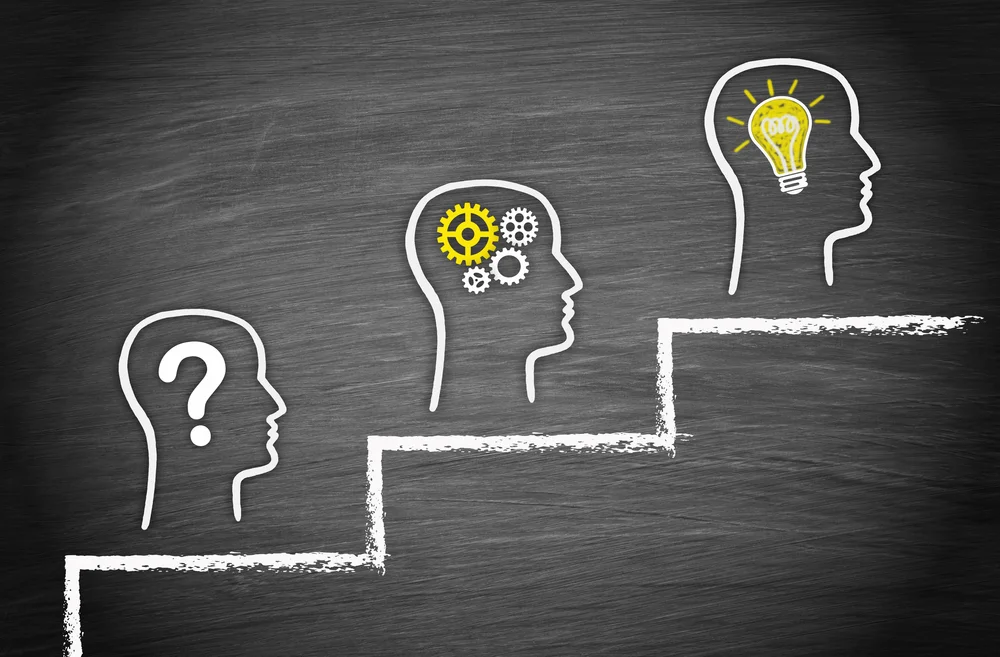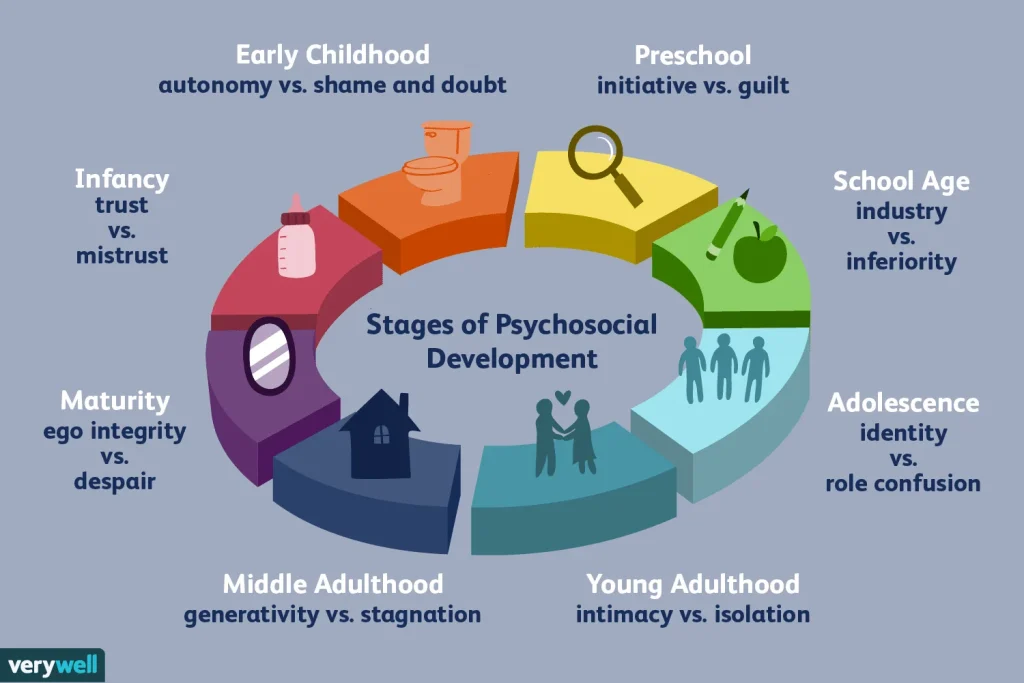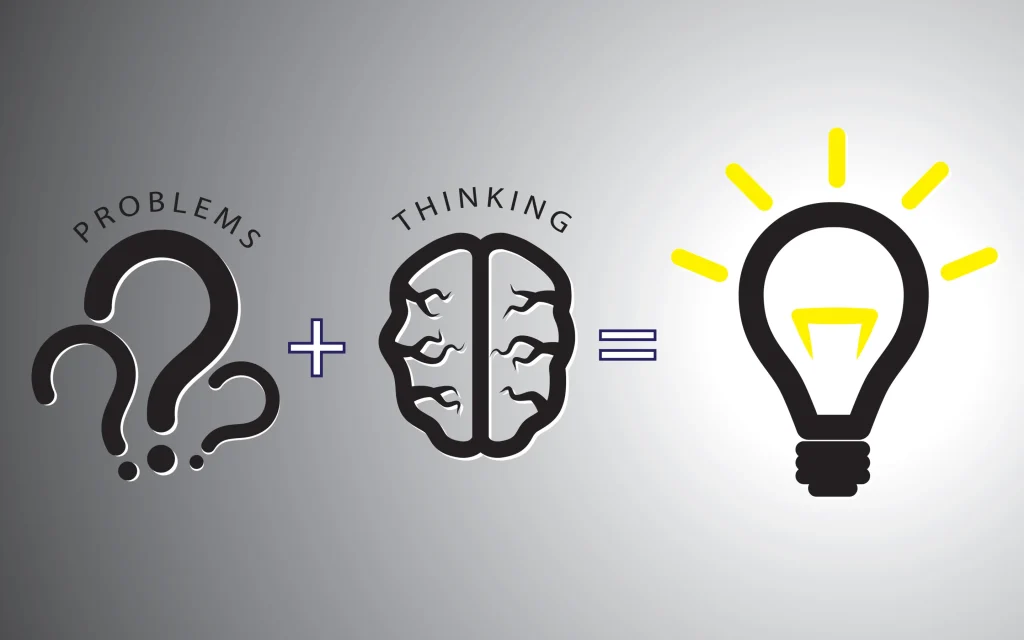The Double Decision Game is a cognitive training exercise designed to enhance decision-making abilities, cognitive flexibility, and problem-solving skills. This brain game challenges players to react quickly, adapt to changing scenarios, and make split-second decisions under pressure.

Originally developed as a neuroscience-backed exercise, the Double Decision Game is widely used in cognitive training programs, particularly in neuropsychology, business leadership, and education. It is recognized for its ability to strengthen mental processing speed and strategic thinking, making it an essential tool for individuals seeking to improve their decision-making abilities in various aspects of life.
How the Double Decision Game Works
The Double Decision Game is designed to test cognitive agility by requiring players to recognize patterns and make rapid decisions under evolving conditions. The following breakdown outlines the key mechanics of the game:

Presentation of Stimuli: Players are exposed to a series of stimuli, such as visual cues, numerical data, or logical sequences, which must be quickly analyzed to determine relevant patterns. These stimuli are designed to challenge recognition skills and quick thinking.
Decision-Making Under Constraints: Within a limited time frame, players must evaluate two or more choices based on predefined conditions. The constraints may involve selecting the most accurate, efficient, or logically sound option within the given parameters.
Adaptation to Dynamic Changes: As the game progresses, the rules governing decision-making shift, requiring players to continuously adapt. This ensures that the challenge remains engaging and prevents reliance on memorization, encouraging real-time strategic thinking.
Score and Feedback: Players receive performance feedback based on accuracy, response speed, and flexibility in adapting to rule changes. This feedback helps identify cognitive strengths and potential areas for improvement, fostering skill development.
Examples of Double Decision Game Scenarios:
- Pattern Recognition Task: Players must detect repeating sequences or identify anomalies within a dataset.
- Arithmetic Decision Task: Given mathematical expressions, players quickly determine which solution best fits a specified condition.
- Logic Puzzle Challenge: Players apply logical reasoning to rapidly changing problems, refining their ability to assess complex situations under time pressure.
The Double Decision Game sharpens cognitive skills by enhancing pattern recognition, problem-solving speed, and adaptability.
Psychological and Cognitive Aspects of the Double Decision Game
The Double Decision Game is designed to enhance cognitive performance by improving various mental functions. Below is a breakdown of how the game contributes to decision-making skills:

How the Game Enhances Decision-Making Skills:
- Processing Speed: Players train their brains to analyze and react to information more quickly, improving real-time decision-making abilities.
- Cognitive Flexibility: The game challenges players to adjust their thinking patterns in response to changing rules, fostering adaptability.
- Pattern Recognition: By repeatedly identifying and interpreting visual or conceptual patterns, players develop strong analytical skills.
- Impulse Control: The game discourages impulsive responses by rewarding strategic thinking and deliberate choices.
The Impact on Cognitive Flexibility and Problem-Solving:
Scientific research indicates that cognitive training exercises like the Double Decision Game enhance executive function, improve working memory, and refine problem-solving skills. Regular practice strengthens neural pathways associated with decision-making, enabling players to assess situations more effectively. This cognitive enhancement is beneficial in real-world scenarios, such as high-stakes negotiations, emergency response strategies, and other time-sensitive decision-making environments.

By engaging with the Double Decision Game, individuals can cultivate sharper thinking, greater adaptability, and improved problem-solving skills, ultimately leading to better decision-making in both professional and personal settings.
Real-Life Applications and Benefits of the Double Decision Game
The Double Decision Game has practical applications across various domains, improving cognitive abilities and decision-making skills. Below is an overview of its key benefits in different areas:

1. Business and Leadership
- Enhances executives’ ability to make quick, strategic decisions in high-pressure situations.
- Improves adaptability and flexibility in rapidly changing corporate environments.
- Strengthens risk assessment and problem-solving capabilities, leading to better business outcomes.
2. Education and Learning
- Helps students sharpen focus, critical thinking, and analytical skills.
- Encourages better decision-making in academic, social, and extracurricular scenarios.
- Supports cognitive development in young learners, enhancing memory retention and reasoning.
3. Personal Growth and Everyday Life
- Boosts decision-making abilities in practical situations such as financial planning and problem-solving.
- Aids in managing stress and maintaining focus during daily challenges.
- Enhances memory and mental agility, potentially reducing the risk of cognitive decline.
Scientific Research Supporting the Game’s Effectiveness
Neuroscientific and cognitive psychology studies confirm the benefits of decision-based brain games. Research indicates that individuals who regularly engage in such tasks demonstrate faster reaction times, improved problem-solving skills, and increased neural plasticity. These findings highlight the value of cognitive training games in enhancing brain function and decision-making efficiency.
Tips and Strategies for Mastering the Double Decision Game
Mastering the Double Decision Game requires a balance of speed, accuracy, and adaptability. Below are some key strategies to enhance performance:
Best Practices to Improve Performance
- Start with Simple Scenarios: Begin with easier challenges to build a strong foundation before progressing to more complex tasks.
- Maintain Consistency: Regular practice is essential for long-term cognitive benefits and improved decision-making speed.
- Focus on Accuracy: While speed is important, making accurate decisions prevents errors that could hinder progress.
- Use Mindfulness Techniques: Staying calm and focused under pressure helps improve response quality. Deep breathing and concentration exercises can be beneficial.
- Track Progress: Monitor performance metrics, such as accuracy rates and reaction times, to identify strengths and areas that need improvement.
Common Mistakes to Avoid While Playing
- Overthinking Decisions: While careful analysis is useful, hesitation can slow progress. Train yourself to make quick yet informed choices.
- Ignoring Changing Variables: Adaptability is crucial. Be aware of shifting rules and patterns to stay ahead in the game.
- Focusing Only on Speed: While fast responses are beneficial, sacrificing accuracy for speed can be counterproductive. Striking the right balance is key.
By following these strategies and avoiding common pitfalls, players can optimize their performance in the Double Decision Game, enhancing both cognitive flexibility and decision-making skills.
Common Variations and Similar Games
The Double Decision Game has multiple variations that introduce new challenges and cognitive demands. Additionally, several similar games focus on decision-making and cognitive flexibility.
Variations of the Double Decision Game
- Timed Challenge Mode: Players must make rapid decisions within strict time limits, testing their ability to think quickly under pressure.
- Multitasking Challenge: Requires players to handle multiple decision-making tasks simultaneously, enhancing cognitive flexibility and processing speed.
- Memory-Based Decision Task: Players must recall past choices while making new decisions, improving working memory and strategic thinking.
Similar Decision-Making Games
- Stroop Test: Assesses cognitive control by presenting conflicting information, such as color words written in different ink colors, requiring players to override automatic responses.
- Go/No-Go Task: Evaluates impulse control and reaction times by requiring players to respond selectively to certain stimuli while ignoring others.
- Iowa Gambling Task: Tests risk-taking behavior and strategic decision-making by requiring players to choose from different card decks with varying rewards and penalties.
Each of these games, including the Double Decision Game, strengthens cognitive functions such as adaptability, impulse control, and problem-solving, making them valuable tools for brain training and skill development.
FAQ Section
Q1: What is the main goal of the Double Decision Game?
The main goal is to improve cognitive flexibility, reaction time, and decision-making skills by requiring players to make quick, strategic choices under varying conditions.
Q2: Who can benefit from playing the Double Decision Game?
Anyone looking to enhance their cognitive abilities, including students, professionals, business leaders, and individuals aiming to improve their mental agility.
Q3: Can the Double Decision Game help with brain health?
Yes! Research indicates that cognitive training games like Double Decision contribute to better brain function, reduced cognitive decline, and improved problem-solving skills.
Q4: How often should I play the Double Decision Game for maximum benefits?
For optimal cognitive benefits, it is recommended to play the Double Decision Game at least 3-5 times per week for 15-30 minutes per session. Regular practice helps reinforce neural pathways, improve decision making speed, and enhance cognitive flexibility. Consistency is key. Gradually increasing the complexity of challenges will yield the best results over time.
Conclusion and Final Thoughts
The Double Decision Game is a highly effective tool for enhancing cognitive flexibility, problem-solving abilities, and decision-making skills. By engaging in this game, individuals can train their brains to process information quickly, recognize patterns efficiently, and make strategic choices under pressure.
Whether used in business, education, or personal growth, the game fosters adaptability and sharpens mental agility, helping players navigate real-world challenges more effectively. Research supports its benefits in improving brain function, reducing cognitive decline, and enhancing overall analytical skills.
By incorporating the Double Decision Game into a regular cognitive training routine, individuals can experience significant improvements in reaction time, impulse control, and decision-making efficiency, leading to enhanced performance in both professional and everyday life.
Read more: The Dangers of Deepfake Muke AI Undress Tools
Explore Nexus Globes for the latest news on tech, health, and entertainment.




